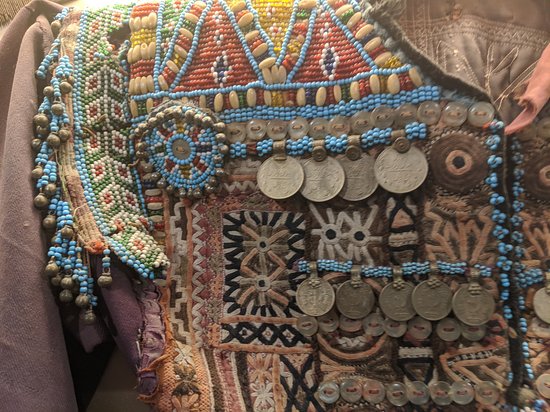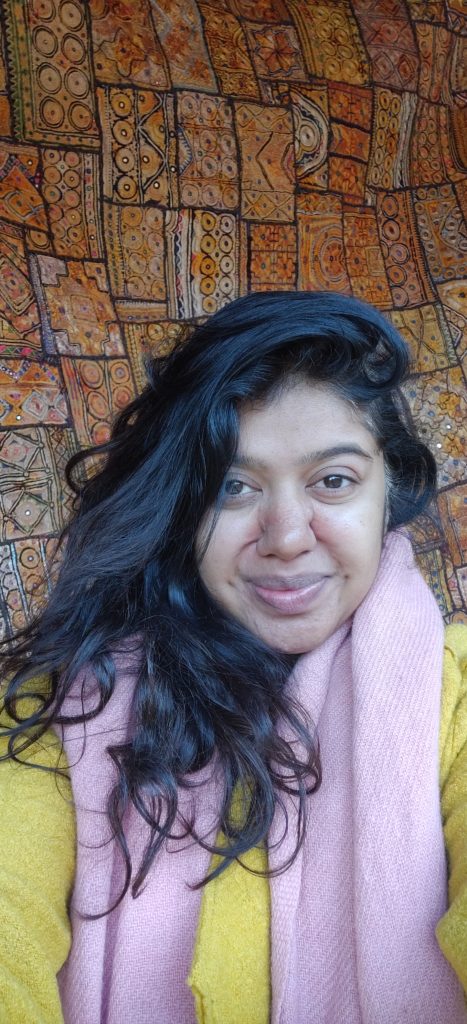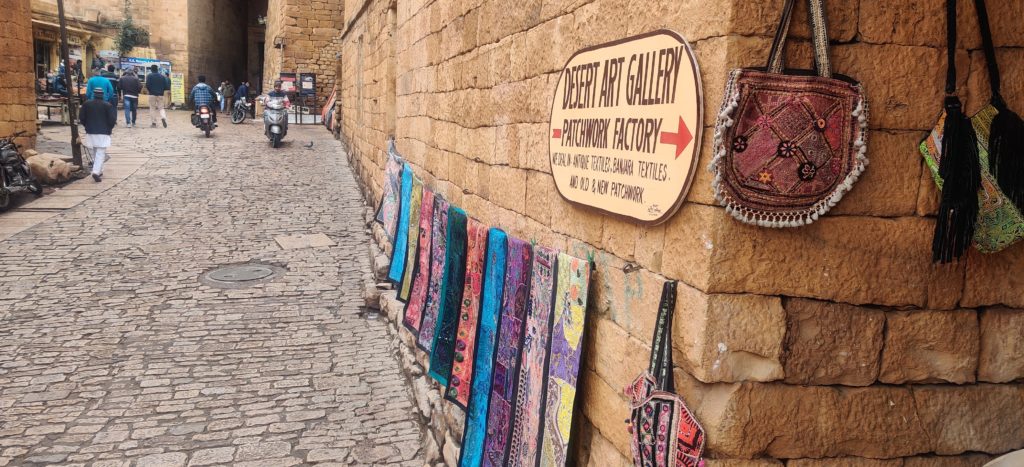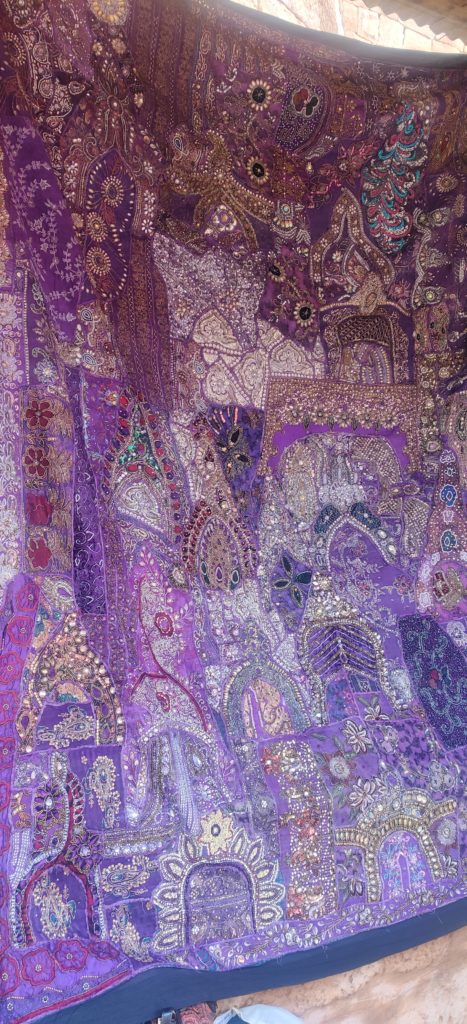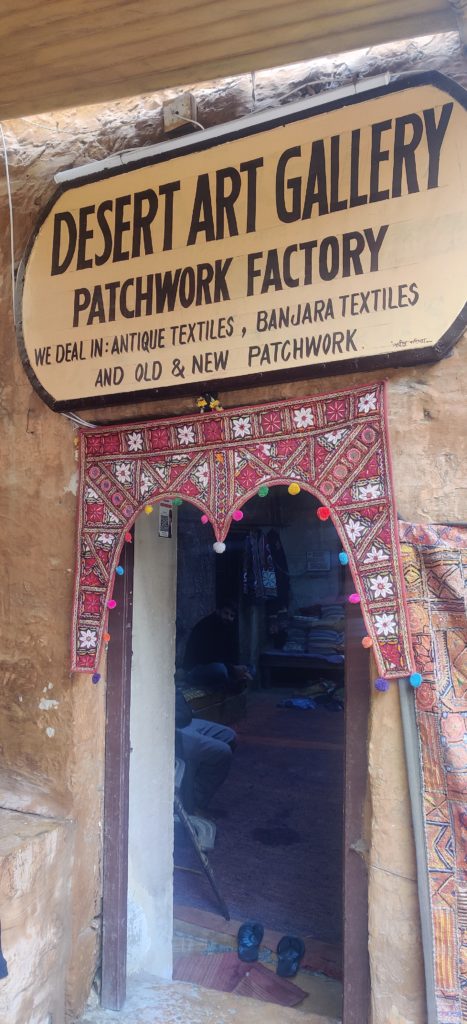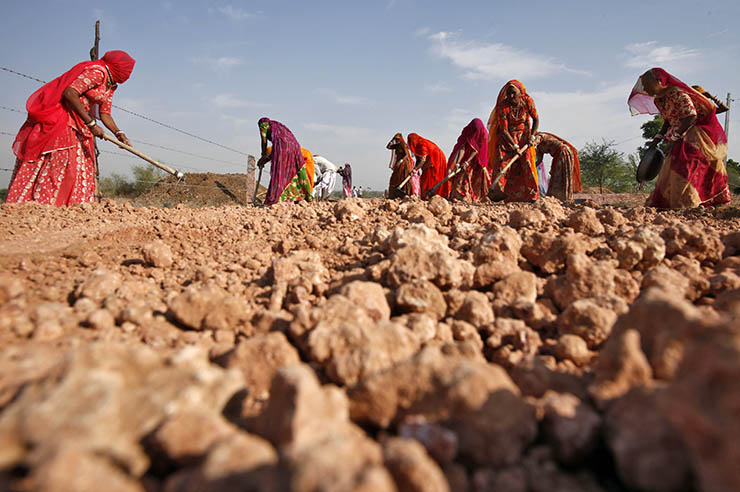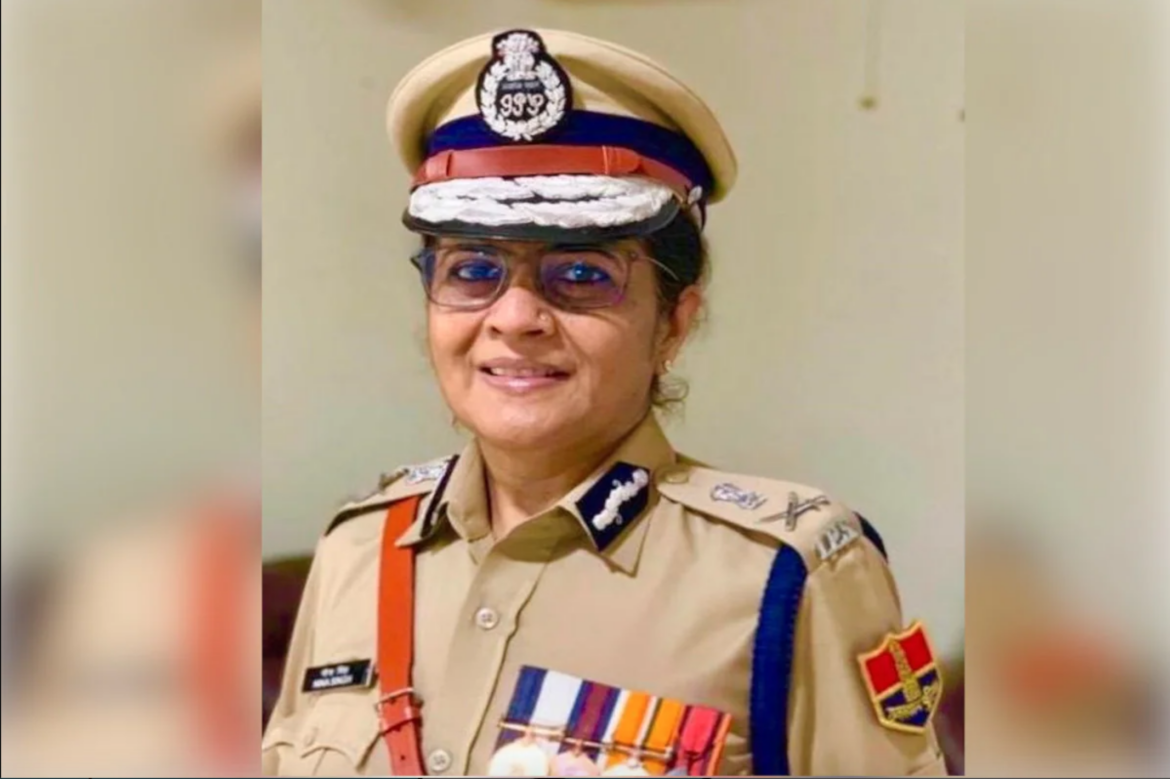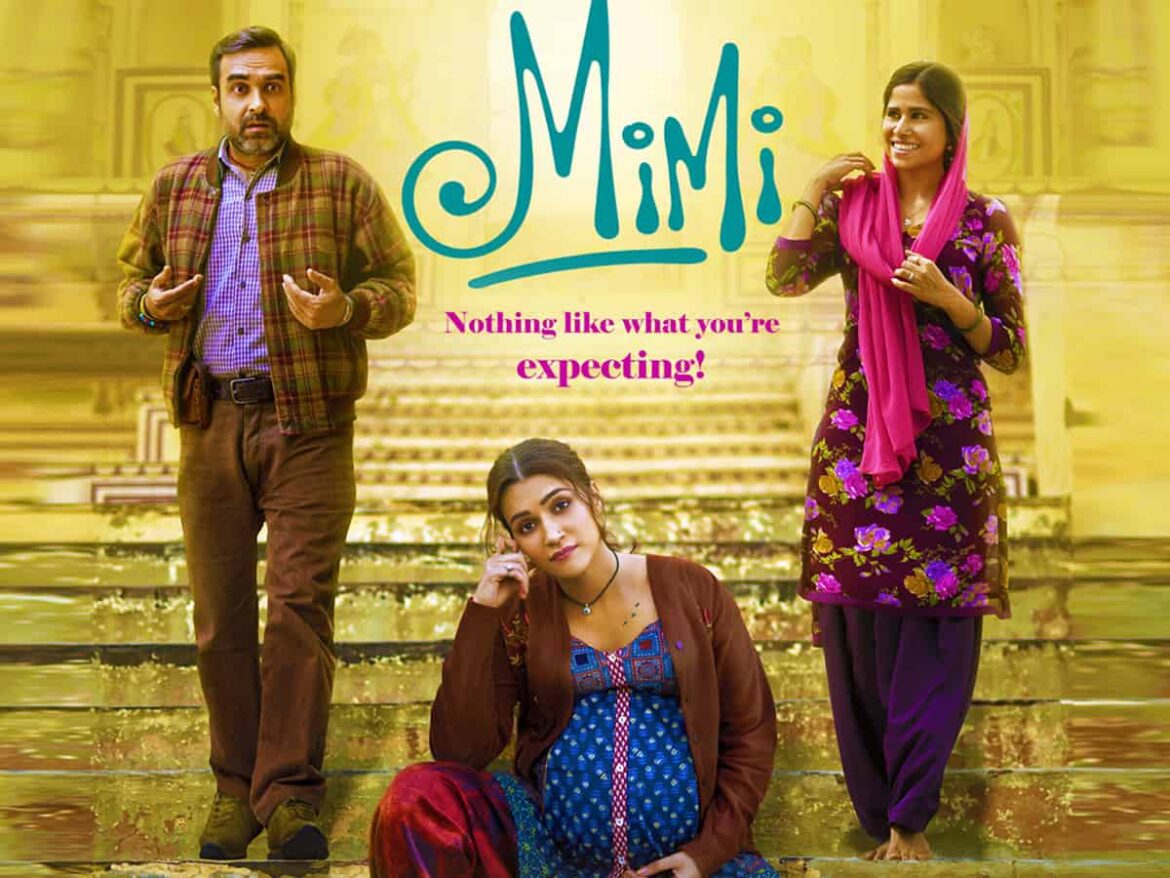By Avani Bansal
Jaisalmer Fort in Rajasthan is one of the few ‘living forts’ in India, where several people who once worked for the king who ruled the palace, have built their own restaurants and hotels inside the fort, making it a tourist’s delight.
As per local stories, when the Government of India decided to take over all the forts, the king of Jaisalmer decided to give parts of the Fort to the people who worked there. This is how several people came to have a part of the fort as their own private places.
Today, the fort is a bustling marketplace with several Rajasthan delicacies and traditionally renovated ‘havelis’/hotels wooing tourists at unimaginably affordable prices.
We came across Bhavani Singh’s ‘The Desert Gallery’, which is located right at the entrance of the fort wall. The beautiful and colourful patch work (a traditional art form done by women mostly) laden wall hangings were unmissable. We paused to speak to Bhavani Singh and learnt a great detail about this work.
In this video Bhavani Singh shares his own story, how he got motivated to work towards preserving this traditional art form and interestingly – how the different colours used in the patch work denote different castes in desert areas. Blue, he informs us, is worn by Brahmin women, red by Rajput women, so and so forth. Also the detailing in the work is much revealing of the religious group and sub-group which has produced it. Bhavani shared with us how the value of these hand-made items is reducing as there are very few who appreciate this art form. He says that it is mostly foreigners who buy these items in large quantities but because of COVID, all the artists have greatly suffered for the last two years. All this patch work wall hangings are made by women in the villages who sometimes take months to produce them. Bhavani shares that he ensures that parts of the profits are shared with these women so they are incentivised to continue evolving this art form.
Do watch this video and if you like any of this work, you can directly contact Bhavani Singh at +1 91 9414763000. You can also check out their page at Instagram @desert_art_gallery.


